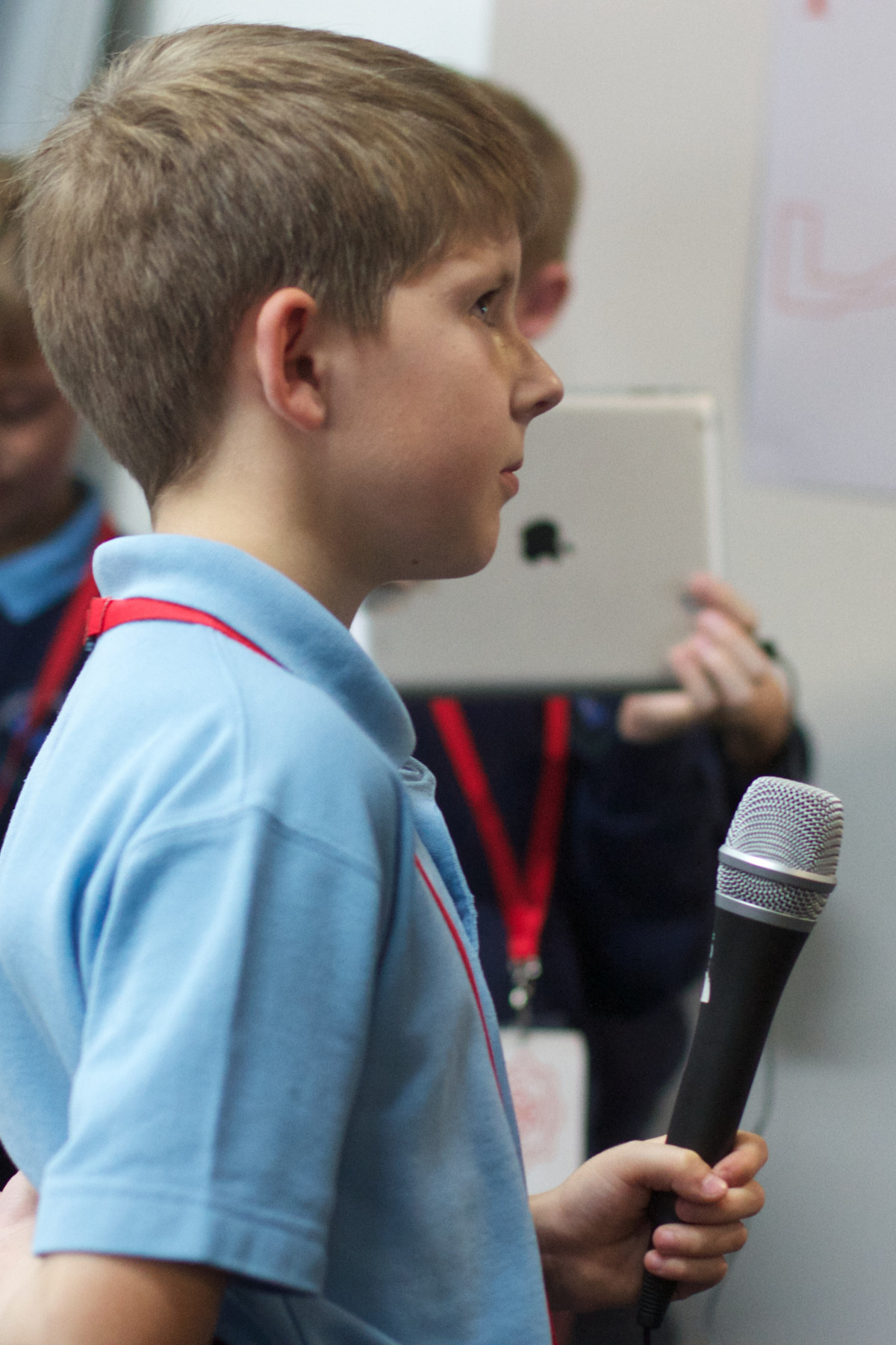
Speech Therapy Tips for Parents
Speech Therapy Tips for Parents
Do you feel your child does not speak well enough or is behind his peers? Is it a small delay or a larger problem? What is the difference between speech and language? This article will allow you to take stock of your child’s language.
Benchmarks in oral language development
Developmental Benchmarks Table
These benchmarks provide information about normal language development between the ages of 1 and 6. They are given as a guide, as each child develops at his/her own pace. If you have any doubts about your child’s language development, ask your child’s doctor. He or she will take into account the child’s overall development (motor skills, sleep, nutrition, etc.)
| Age | Understanding | Expression |
| Around 12 months |
|
|
| From 12 to 18 months |
|
|
| From 18 to 24 months |
|
|
| From 24 to 36 months |
|
|
| From 3 to 6 years old |
|
|
Good to know: between the ages of 4 1/2 and 5, the child has all the sounds in the language: his phonetics is said to be completed. However, they may retain some deformations for complex sounds such as tr, fl, br, which the child simplifies. These simplifications are often transitory and fade with age. If they persist beyond the age of 5/6 years, it is advisable to consult a speech therapist.
Warning signs
For all children, it is recommended to consult when:
- The child remains incomprehensible at 3 years old.
- Does not understand simple instructions at age 3.
Good to know: if your child avoids exchanges, has few facial expressions, does not look around much, does not point, is obsessed with a particular toy, and has little interest in communication around the age of 2, it is possible that your child does not have a speech or language delay but an Autism Spectrum Disorder. Do not hesitate to consult if you find several of these signs in your child.
Simple speech and language delay

Definition of speech/language
Speech is the sequence of sounds in words.
Ex: “chocolate” has 7 sounds that follow in a specific order ch/o/c/o/l/a/te. If I change or delete a sound, the speech is disturbed.
Language is structure, the ability to put words together in the right order to form a sentence.
For example, “I eat an apple” is a correct sentence because the words are in the right order, and there are enough of them. On the other hand, “Apple eats an I” or “Apple eats me” do not have a good structure.
Types of delays
There are several delays:
- Speech delay or phonological disorder: the choice of sounds and their order is disturbed. Often the child simplifies the sound that is too difficult to pronounce, reverses syllables, and replaces one sound with another
For example, “cake” is pronounced “tato”. Contrary to the articulation disorder where the sound is totally absent, the child will be able to correctly pronounce the G in another word that is simpler for him, such as “station”.
- Language delay: difficulty in combining words into sentences. Vocabulary is poor, and sentence structure is poor. Pronouns (I, he, etc.) are rarely used, and verbs are often used in the infinitive. The child may also have difficulty understanding.
Ex: “Boy eats chocolate, then goes to dirty, then goes to wash hand”. It is a functional disorder (no alterations of the language areas) of variable and transient severity, unlike dysphasia which is a structural, severe, and long-lasting disorder.
- A child may have both speech and language delays.
Good to know: according to the authors, simple speech and language delays affect 4 to 6% of children in an age group, with 1% having a severe form.
Speech and language assessment
The speech therapist will first talk to you and the child to find out about the child’s history, the origin of the complaint and the child’s habits.
It then performs an assessment according to the understanding side:
- auditory perception;
- word recognition;
- word comprehension;
- sentence comprehension;
- recognition of colors, objects, animals, and body parts.
He then checks the expression side: naming, repetition of words and non-words, oral-facial praxis, description of images, and fluency.
The last control point concerns the pre-requisites: spatial and temporal notions, laterality, phonological awareness, memory, and attention.
The assessment allows a diagnosis to be made and the severity of the disorder to be defined. Re-education will be done according to the difficulties identified.
The speech therapist can refer you to other professionals if necessary (psychomotor therapist, psychologist…).
Advice to parents on speech and language delays

If your child has speech and/or language difficulties, here are some tips that you can apply in everyday life:
- If your child distorts the words, avoid making him repeat them but formulate them in his place, pronounce after the child what he should have said, give him the right model while remaining in the exchange and communication with him.
- Similarly, if your child constructs his sentences incorrectly, do not make him repeat them, but repeat the sentence with the correct model.
- Avoid using “baby” language (“oua-oua” for a dog, “bibi” for a bottle…), your child understands perfectly what you say by speaking normally, and this develops his language.
- Keep the pleasure of communicating with your child, give priority to individualized exchanges, and remain attentive to your child.
- Speak aloud in front of him, explain what you do when he’s with you, and put words to the objects and people around him every day.
- According to a recent study, children exposed to screens in the morning before school are three times more likely to suffer from language disorders. It could therefore be beneficial not to leave your child in front of a screen (television, games console, tablet, smartphone, computer), knowing that the risk is increased if, in addition to this exposure, children “rarely, if ever” discuss the content of the screens with their parents.
Good to know: speech and language delays, even if they are “simple”, can be a real obstacle to your child’s development. He or she may indeed find it difficult to communicate and lack confidence.
A delay that is rehabilitated in time can be corrected in 2 to 5 years, depending on the severity. If the disorder is not treated, confusion of sounds may also occur at school.
You May Also Like

Playful Parenting: Fun and Effective Strategies for Child Care
2024-01-18
Caring for Your Lovely Kids’ Teeth
2022-08-12

